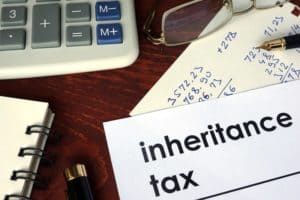A trust is an obligation that binds a trustee, an individual or a company, to deal with the assets such as land, money and shares which form part of the trust. The person who puts assets into a trust is known as a settlor and the trust is for the benefit of one or more ‘beneficiaries’.
The trustees make decisions about how the assets in the trust are to be managed, transferred or held back for the future use of the beneficiaries. They are also responsible for reporting and paying tax on behalf of the trust.
Where there are two or more trustees, one should be nominated as the ‘principal acting trustee’ to manage its tax. However, this nomination does not absolve other trustees from paying tax and interest if the trust fails to do so.
A trust needs to be registered with HMRC if it pays or owes tax. A new trust must be registered by the 5 October in the tax year after the trust starts to pay Income Tax or Capital Gains Tax for the first time. There are separate deadlines for existing trusts and a different process for registering an estate of someone who’s died.
A trust and estate Self Assessment tax return reporting any income and gains must be submitted to HMRC after the end of the tax year. The deadlines are the same as for taxpayers i.e. the 31 January after the end of the tax year for electronic returns and the earlier deadline of 31 October for paper returns.
The trustees are also responsible for providing the beneficiaries with a statement of the amount of income and tax paid by the trust, if they are asked to do so. There are also further requirements for trustees under certain circumstances such as when the trust needs to pay Inheritance Tax.






